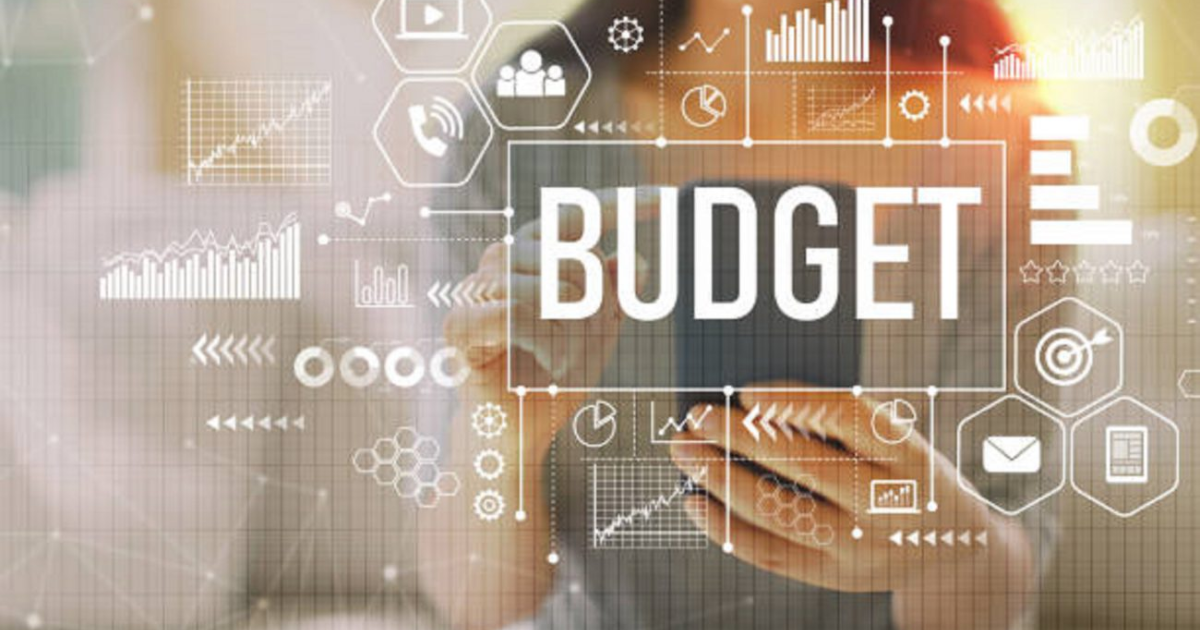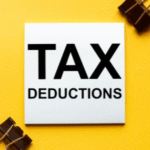Introduction
Managing personal finances effectively is a skill that can dramatically improve your financial health and reduce stress. Budgeting programs have become essential tools in helping individuals and families track spending, plan for future expenses, and save for important goals. This comprehensive guide explores the key features of budgeting programs, their benefits, and offers practical advice on how to select the best program tailored to your needs.
Understanding Budgeting Programs
What Are Budgeting Programs?
Budgeting programs are digital or software tools designed to help users create, manage, and maintain a budget. They allow you to monitor income, expenses, and savings, often integrating with bank accounts, credit cards, and investment portfolios for real-time tracking.
Types of Budgeting Programs
- Basic Budgeting Tools: Simple spreadsheets or apps focused on tracking income and expenses.
- Comprehensive Personal Finance Software: Programs that include budgeting, bill payment, investment tracking, and credit monitoring.
- Cloud-Based Applications: Accessible from multiple devices with automatic syncing.
- Subscription-Based Services: Offer premium features such as financial advice and customized reports.
- Open-Source and Free Apps: Budgeting tools with community support and basic functionalities.
Key Features of Budgeting Programs
Expense Tracking
Most budgeting programs allow users to categorize expenses and monitor spending habits. This feature helps identify areas of overspending and opportunities to save.
Income Management
Programs can track multiple income sources, ensuring users have a clear picture of their cash flow.
Goal Setting and Monitoring
Users can set financial goals such as saving for a house, emergency fund, or vacation, with progress tracking to stay motivated.
Alerts and Notifications
Many programs send alerts for bill due dates, low balances, or unusual transactions, helping users avoid fees and manage finances proactively.
Reports and Analytics
Visual charts, graphs, and reports provide insights into spending trends, budget adherence, and overall financial health.
Multi-Device Access and Security
Cloud-based budgeting tools offer synchronization across devices, ensuring users can update and review budgets anytime, anywhere, with encryption for data security.
Integration with Financial Accounts
Seamless connection with banks, credit cards, loans, and investment accounts provides automatic updates and reduces manual entry.
Benefits of Using Budgeting Programs
Improved Financial Awareness
Budgeting programs provide clear visibility into your financial status, helping make informed decisions.
Better Spending Control
By tracking expenses, you can identify unnecessary spending and reallocate funds towards savings or debt repayment.
Goal Achievement
Setting and monitoring financial goals through these programs increases the likelihood of reaching them.
Time Savings
Automated tracking and categorization reduce time spent managing finances manually.
Reduced Financial Stress
Knowing where your money goes and planning ahead fosters confidence and peace of mind.
Enhanced Savings and Debt Reduction
Budgeting tools encourage disciplined saving and provide strategies to manage or eliminate debt effectively.
Customizable and Flexible
Many programs adapt to individual financial situations, preferences, and complexity.
Popular Budgeting Programs in 2025
YNAB (You Need A Budget)
Known for its proactive budgeting method focusing on giving every dollar a job.
Mint
A free, user-friendly app with comprehensive features and automatic account syncing.
Personal Capital
Blends budgeting with investment tracking for holistic financial management.
EveryDollar
Developed by financial expert Dave Ramsey, ideal for zero-based budgeting enthusiasts.
Tiller Money
Offers spreadsheet-based budgeting with automatic bank feed updates.
How to Choose the Right Budgeting Program
Assess Your Financial Needs
Identify your financial goals, complexity, and the features most important to you.
Consider Ease of Use
A user-friendly interface ensures consistent usage and less frustration.
Evaluate Security Measures
Look for programs with strong encryption and data protection policies.
Check Integration Capabilities
Ensure compatibility with your bank and other financial accounts.
Review Pricing Models
Free versus paid options; consider whether premium features justify the cost.
Read User Reviews and Testimonials
Learn from other users’ experiences about reliability and support.
Trial Periods and Customer Support
Opt for programs that offer free trials and responsive customer service.
Tips for Maximizing Budgeting Program Benefits
Regularly Update Your Data
Keep transactions and income records current for accurate insights.
Set Realistic Budgets and Goals
Avoid overly strict budgets that are hard to maintain.
Use Alerts Wisely
Enable notifications to avoid missed payments and overdrafts.
Review Reports Periodically
Analyze spending trends and adjust budgets as needed.
Combine With Financial Education
Use the program as a tool alongside learning about personal finance.
Common Challenges and How to Overcome Them
Initial Setup Overwhelm
Start simple and gradually add complexity.
Inconsistent Usage
Set reminders and integrate budgeting into your routine.
Data Privacy Concerns
Choose reputable programs with clear privacy policies.
Budgeting Fatigue
Focus on progress, not perfection, and adjust budgets to be flexible.
Technology Barriers
Look for programs with good tutorials or consider alternative methods like manual tracking.
Conclusion
Budgeting programs are powerful allies in managing your finances effectively. By understanding their features and benefits, and carefully selecting a program suited to your needs, you can take significant steps toward financial security and independence. Whether you aim to reduce debt, save for a goal, or simply control your spending, the right budgeting program empowers you to make smart money decisions confidently and consistently.
FAQs
What is the best budgeting program for beginners?
Mint and EveryDollar are often recommended for beginners due to their user-friendly interfaces and helpful guides.
Are budgeting programs secure?
Most reputable programs use encryption and secure servers to protect your data, but it’s important to review their privacy policies.
Can budgeting programs help me save money?
Yes, by tracking expenses and setting goals, budgeting programs can identify savings opportunities and promote disciplined spending.
Do I need to connect my bank accounts?
Not necessarily; some programs allow manual entry, though linking accounts offers automatic updates and easier tracking.
Are budgeting programs expensive?
There are free options available, but paid programs may offer advanced features worth the investment depending on your needs.
Can budgeting programs track investments?
Some, like Personal Capital, provide investment tracking alongside budgeting for comprehensive financial management.
How often should I update my budgeting program?
Ideally, update your program daily or weekly to maintain accurate financial records and insights.
What if I don’t stick to my budget?
Adjust your budget to be more realistic and review your spending habits to find areas for improvement.
Can budgeting programs help with debt management?
Yes, many offer tools to create debt payoff plans and monitor progress effectively.
Do budgeting programs work for families?
Absolutely, many programs allow multiple users and shared accounts to manage household finances collectively.



